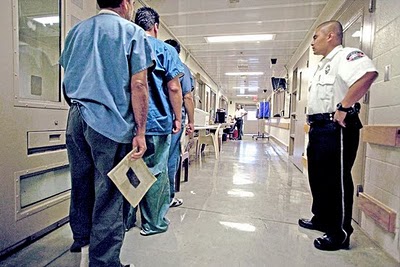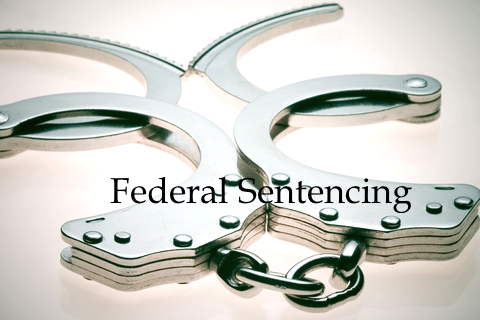Mortgage fraud in South Florida continues to be in the news, as a multi-agency task force involving both federal agencies and local law enforcement continues to file criminal cases in both state and federal Courts. South Florida federal courts are known to be especially focused on sex crimes and white collar fraud, while medicare fraud and mortgage fraud criminal prosecutions are leading the headlines. When looking at the convictions, specifically for mortgage fraud, Florida has a reputation for long prison sentences.
 So, is it true that federal criminal judges in Miami and Fort Lauderdale sentence longer than other districts? A lot more?… Well…in a word, yes, a lot more. More than other parts of the U.S.? Yes. More in the Southern District of Florida (i.e. Miami), than in other parts of Florida? In a word, Yes. This can be seen in the numbers of mortgage fraud cases filed by the U.S. Attorney in Florida, the total number of defendants charged with mortgage fraud, the number of defendants that decide go to trial and the total amounts of money lost by banks in Miami, Fort Lauderdale and Palm Beach.
So, is it true that federal criminal judges in Miami and Fort Lauderdale sentence longer than other districts? A lot more?… Well…in a word, yes, a lot more. More than other parts of the U.S.? Yes. More in the Southern District of Florida (i.e. Miami), than in other parts of Florida? In a word, Yes. This can be seen in the numbers of mortgage fraud cases filed by the U.S. Attorney in Florida, the total number of defendants charged with mortgage fraud, the number of defendants that decide go to trial and the total amounts of money lost by banks in Miami, Fort Lauderdale and Palm Beach.
Most people who are arrested for mortgage fraud and prosecuted in federal court want to know the sentencing risks: The risk of long sentences if the case results in a conviction, the risk of harsh sentencing by federal judges in Florida for those defendants that plead “open” to the court, and the range of sentences for mortgage fraud by defendants who do substantial assistance, that means agree to testify against other defendants. It is smart to know your exposure before deciding on a strategy.
Sentencing exposure can be guessed at by the criminal lawyers who do mortgage fraud cases, but it is usually a “seat of the pants” estimate, although there is no need to guess, however, because sentences are compiled by the Sentencing Commission and available online. Here is what the Sentencing Commission found: t
- Twice the number of mortgage fraud cases are filed and prosecuted in the Eleventh Circuit, i.e. in Florida than in any other federal district.
- Nationally, 9.8 % of federal cases involved fraud, and in Florida 18.2 % of the cases involve fraud, which is double.
- Nationally, 3.1 % of federal criminal cases go to trial, and in Florida double the number of cases go to trial, which is 5.6 %.
- Prison sentences (in years) are longer in Florida than in other parts of the U.S. Nationwide, as 71.5 % of those charged with fraud go to prison, while in the Southern District of Florida (Miami, Fort Lauderdale and Palm Beach) it is a little higher, 74.0 % of criminal defendants facing fraud charges go to prison.
The reason Florida has a reputation for longer sentences is, firstly, Florida has more mortgage fraud/white collar prosecutions than other parts of the U.S. Secondly, as the nature of the cases seem to follow a pattern, so does the outcome. It’s not that Florida federal judges give longer sentences than federal judges in other districts, that is simply not the case. What you are seeing is a greater number of fraud cases with outcomes that are above the median. Florida also has more egregious and offensive operators in the housing sector. We see more double HUD form frauds, more dishonest appraisals, more bank employees willing to be a part of fraudulent loans, and more small offices that are not supervised by a compliance officer. That being the case here in Miami, attorneys who do mortgage fraud cases are more experienced and are flown all over the U.S. to represent defendants in other cities.
 South Florida Criminal Defense Lawyer Blog
South Florida Criminal Defense Lawyer Blog










